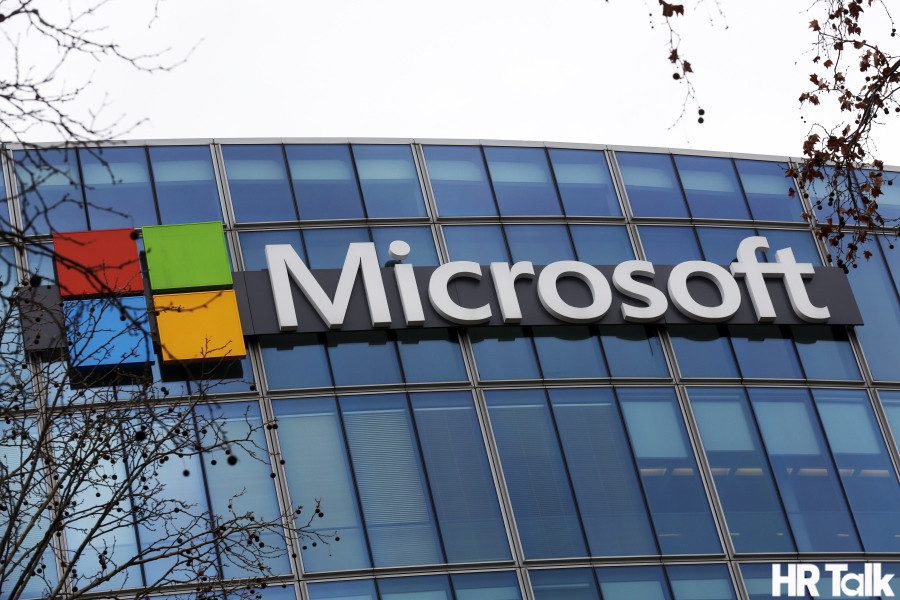Microsoft has taken a decisive stance against the use of the DeepSeek app by its employees, citing serious concerns over data privacy and the risk of exposure to propaganda. The company has officially banned the app across all employee devices—both desktop and mobile—due to how DeepSeek manages user data.
The core issue lies in the app’s data storage practices. All user data is stored on servers located in China, where local laws permit government access at any time. For a global company like Microsoft, this presents a major risk to the confidentiality of internal and sensitive information.
Adding to the concern, DeepSeek reportedly censors content that does not align with Chinese government guidelines, raising alarms about the potential dissemination of biased or manipulated information. This censorship further solidified Microsoft’s decision to prohibit the app internally.
Interestingly, Microsoft had previously offered DeepSeek’s R1 model via its Azure cloud platform. However, the company clarified that this was done with specific safeguards in place and made a clear distinction between offering the technology as a cloud service and allowing its use within Microsoft’s own operations.
Reinforcing its cautious approach, Microsoft has also refrained from listing DeepSeek on its app store. This move aligns with the company’s broader commitment to data protection and responsible AI use. It reflects an emphasis on not only assessing the technical capabilities of AI tools but also critically evaluating their data practices and geopolitical implications.
As global discussions around AI governance and digital privacy continue to grow, Microsoft’s actions demonstrate how seriously major tech firms are addressing national security risks and the integrity of digital content in an increasingly interconnected world.
